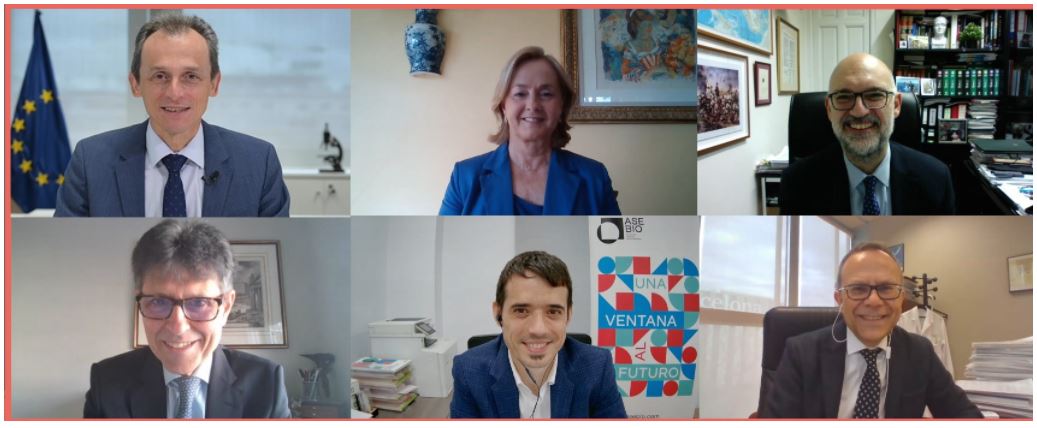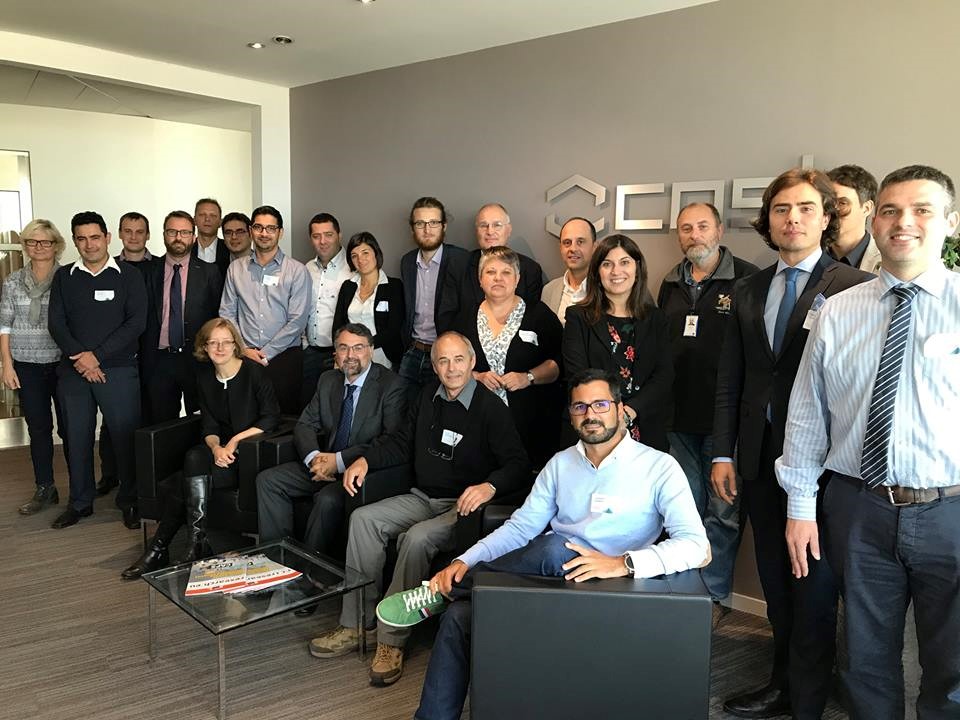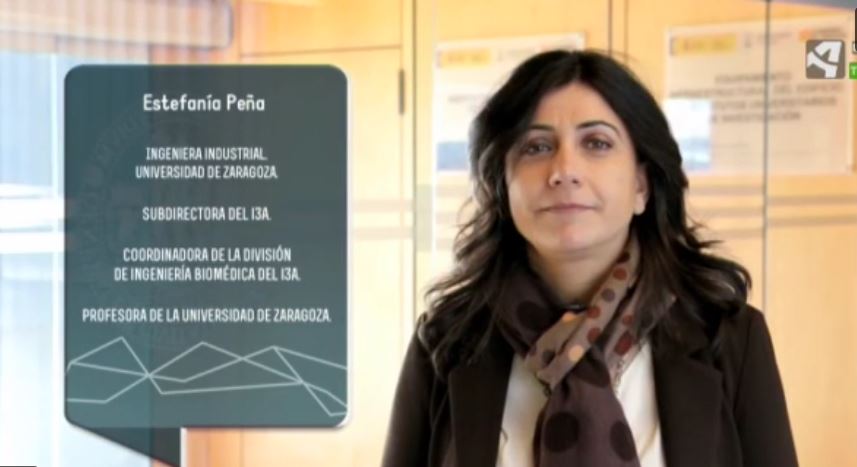The importance of Nanomedicine and Bioengineering to address health challenges
Josep Samitier, Coordinator of the Nanomedicine Platform (NanoMed) and Director of IBEC, as well as Scientific Director of NANBIOSIS unit 7 of Nanotecnology, of IBEC and CIBER-BBN, particiated in the XIV Annual Conference of Biomedical Research Technology Platforms was held on 11 and 12 May.
The Conference counted with the presence of relevant public and private sector actors, and more than 700 registered participants. During the opening ceremony, was opened, among others, by the Minister of Science and Innovation, Pedro Duque, it was precisely emphasized the importance of investment in science and technology. In the words of Josep Samitier: “The health area is experiencing a paradigm shift towards predictive, preventive, personalized, participatory, precision medicine and integrated healthcare. This change cannot be achieved without the different medical technologies, with special importance of nanomedicine, which will offer new opportunities to face the challenge by increasing the efficiency of health systems, while reducing costs ”. Samitier also reminded that two of the vaccines currently administered in Spain are based on nanotechnology.
Source of information: IBEC











